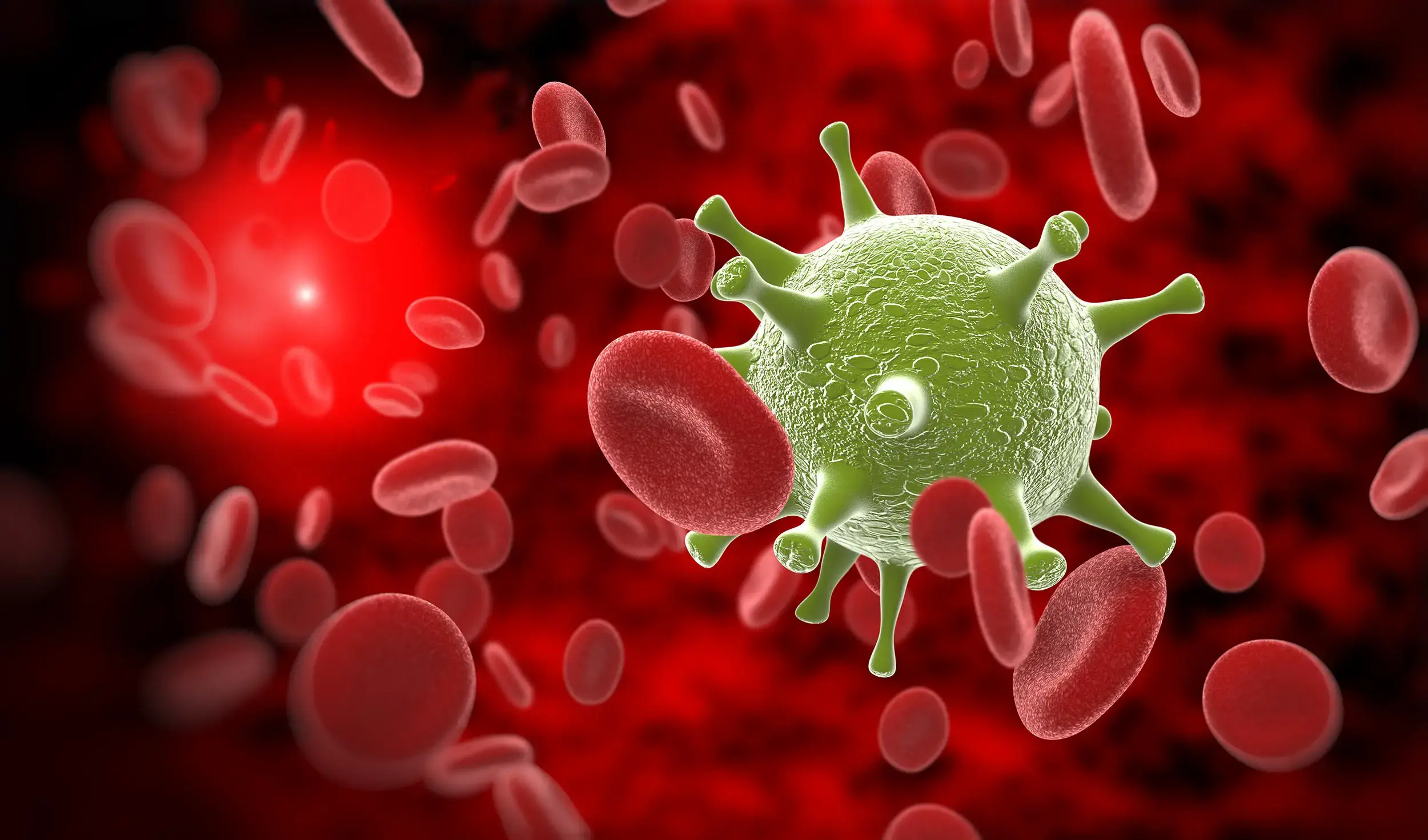Led by WEHI and The Peter Doherty Institute for Infection and Immunity (Doherty Institute) — leading medical research institutes in Melbourne, Australia — the landmark study is being translated into a new clinical trial to assess whether the blood cancer treatment can be repurposed to offer a pathway towards an HIV cure.
Kind of a click bait title once you actually read the article. It has shown to delay the reactivation of latent HIV cells in the body. It’s not a cure.
All it has to do is delay long enough for you to die for some other reason, then it’s a cure. Even if it doesn’t delay that long, the fact that it does will greatly help with research on delaying it further.
It delays onset two weeks. Not really a cure.
I don’t really understand what kind of trial that is. We don’t know how the existing drugs perform in the same test. We don’t know whether it’s a single dose or multiple doses, we don’t know how much the dose was.
So, in this context, “delayed the virus from rebounding by two weeks” doesn’t really mean anything.
The key takeaway is that they’ve determined that the drug is able to kill some of the latent infection cells. Prior to this, nothing was known to kill those cells.
Read the article. There was no clinical trial. Some HIV patients donated cells the child work on in a lab. It hasn’t technically been through a clinical trial.
I’m not saying there’s nothing there, just to its not a cure like the clickbaity title says it is.
I did read the article, which is why I said “I don’t really understand what kind of trial that is.”
My comment stands.
This quite actually might be the cure. I’m unsure of how the exact timing mechanism applies to the viral load release from each T-cell, however, the reason we can’t cure HIV is because of the very small amount of HIV(+) T-cells that remain in the body. A reservoir forms and until the body needs more t-cells to fight infections, it will stay at a small number. Once an infection occurs the T-cells with HIV begin to replicate once again “reinfecting” the patient.
If we are able to have the HIV(+) cells remain latent they will die off as they get recycled rather than produce more HIV viral copies.
I see future medication regimens containing biologic medications as well the current antiretroviral modalities.
Edit: think of it like this, usually nuking a patients nervous system destroys their ability to produce an immune response, this is called radiation therapy and it is beneficial for Cancer and very rarely due to the risks of having 0 immune system, HIV. The great unstoppable dividers. 
Without an immune system the body cannot evoke an immune response and therefore the T-cells can not make more copies of HIV. Soon radiation therapy will be looked back on as we now see the use of leeches and blood letting medically.
There’s an interrogation sign at the end of HIV cure.
That doesn’t change that it’s clickbait.



